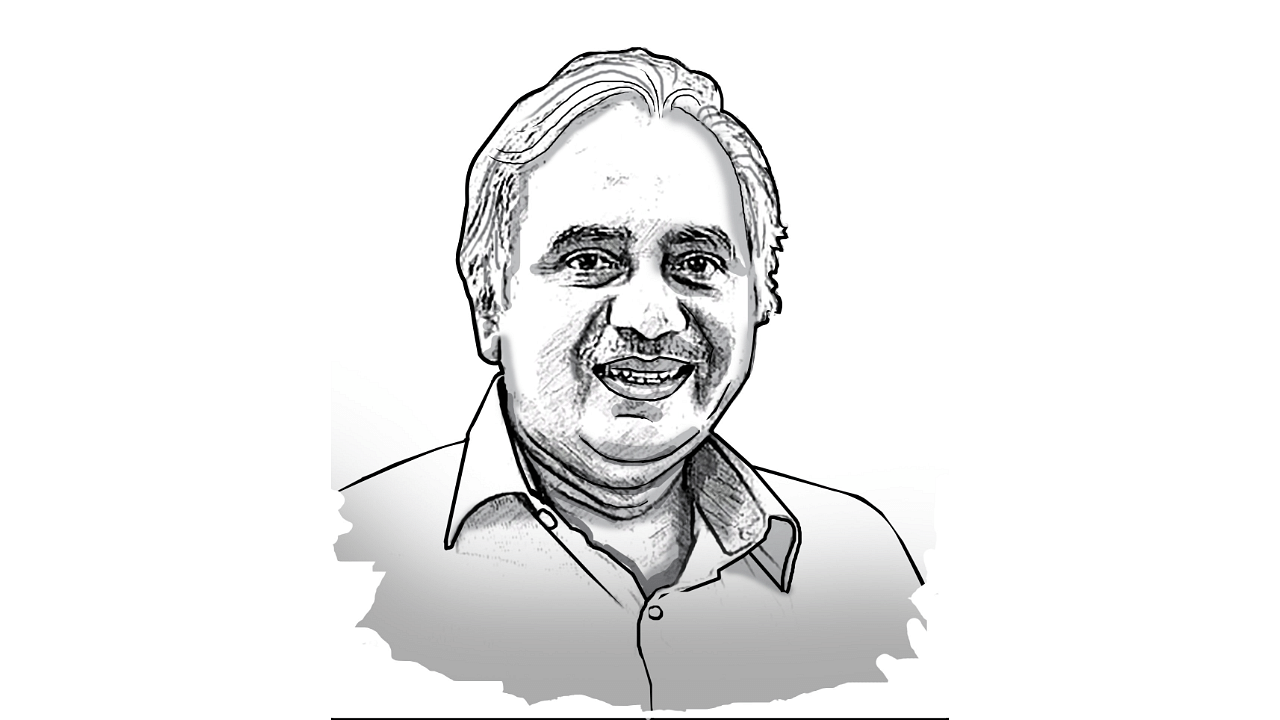
Seshadri Chari.
@seshadrichari
The Opposition’s main target in going after the Electoral Bonds scheme was the ruling BJP, for the alleged misuse of EBs in quid pro quo arrangements for doling out government contracts to donors or to spare them punitive action by central agencies like the ED and CBI. The charge, of course, remains unproven so far. A particular corporate entity that was targeted for allegedly benefitting the most out of the allotment of government contracts, albeit after bidding and observing due process, appears to have given nothing to the ruling party by way of Electoral Bonds. As is its wont, the Opposition, especially the Congress party, appears to have failed to do its homework before heaping charges on the BJP. Going by the list of donations, the BJP, as ruling party, has got the lion’s share of the donations, but other parties have got money, too. Regional parties opposed to the BJP as well as the Congress, put together, have collected almost as much as the BJP has by this route of political funding.
Truth is, elections are no longer a matter of conscientious citizens discharging their democratic duty toward country and society. Nor are politicians and political parties paragons of ethical, moral and democratic virtues.
Electoral victory depends on several factors, such as candidate, caste, etc., but, of course, one important factor is money and muscle power. The local goons in any area, bahubalisas they are known in political and social circles, are available for money. The politics-crime-moneybags nexus is not a secret. One former Chief Election Commissioner, T N Seshan, contributed immensely toward cleaning up the election process and ridding the system of quite a few not-so-democratic ‘traditions’. But even so, the scourge of black money pouring into the coffers of political parties has continued and indeed only grown. Successive governments have tried to stop the inflow of black money – after collecting their due share.
In its 1998 report, the Indrajit Gupta Committee suggested that State funding of elections will ensure free and fair elections and provide a level playing field for political parties. But the committee also suggested that only national and state parties that have allotted symbols should be funded and no independent candidate should be funded by the State. Also, it suggested that funding should only be in kind, such as providing logistic support and facilitation of certain activities.
Subsequently, the Law Commission Report on Reform of Electoral Laws (1999), the National Commission to Review the Working of the Constitution (2001), and the Second Administrative Reforms Commission (2008) also came up with several reforms to cleanse the electoral system of tainted money. But none of them provided a comprehensive solution.
In this context, the Electoral Bond scheme introduced in 2018 may have been a more realistic attempt to provide funds to registered political parties that have secured at least 1% of the votes polled in a recent election. Under the scheme, such parties were allotted a verified KYC-compliant account by the State Bank of India. Contributors, individuals and corporates, could purchase bonds valued at Rs 1,000 to Rs 1 crore, with no limit on the total amount they donated. The system allowed the donors’ identity to remain secret as well as for both the donor and the recipient party to claim tax deduction. The donor entity, individual or company, did not have to reveal anywhere, including in company financial statements, to whom donations had been made and how much. Neither were political parties required to reveal from whom they had gotten money and how much. But political parties did have to reveal how much money they had received through Electoral Bonds based on their own audits.
It is unfortunate that the Supreme Court found the system suffering from serious deficiencies and put an abrupt end to it. While the Supreme Court is not expected to provide an alternative system, it could have nudged all stake-holders toward devising a fool-proof method of funding elections in the meantime. Now, with no good alternative system of political funding, parties and corporates will probably go back to the old system of cash donations.
While the intent of the Electoral Bond scheme was good, its provisions could have been corrected to make it more transparent. Hopefully, the next parliament will rise above narrow political considerations and discuss the vexed issue of funding of elections and come out with a viable and practical solution to it that is fair to all political parties, transparent to voters, and reduces the entry-barrier into politics for good, honest citizens.
